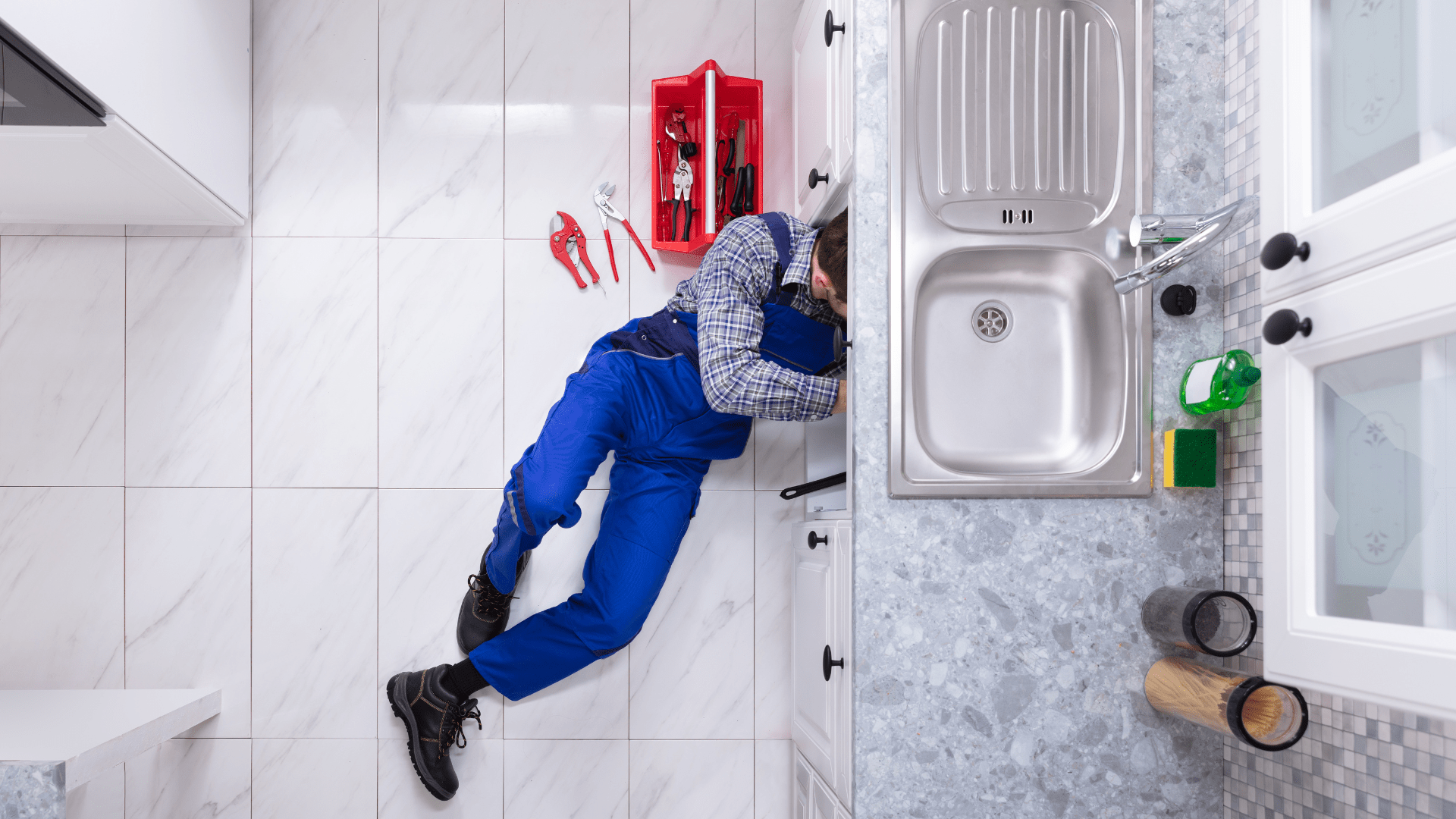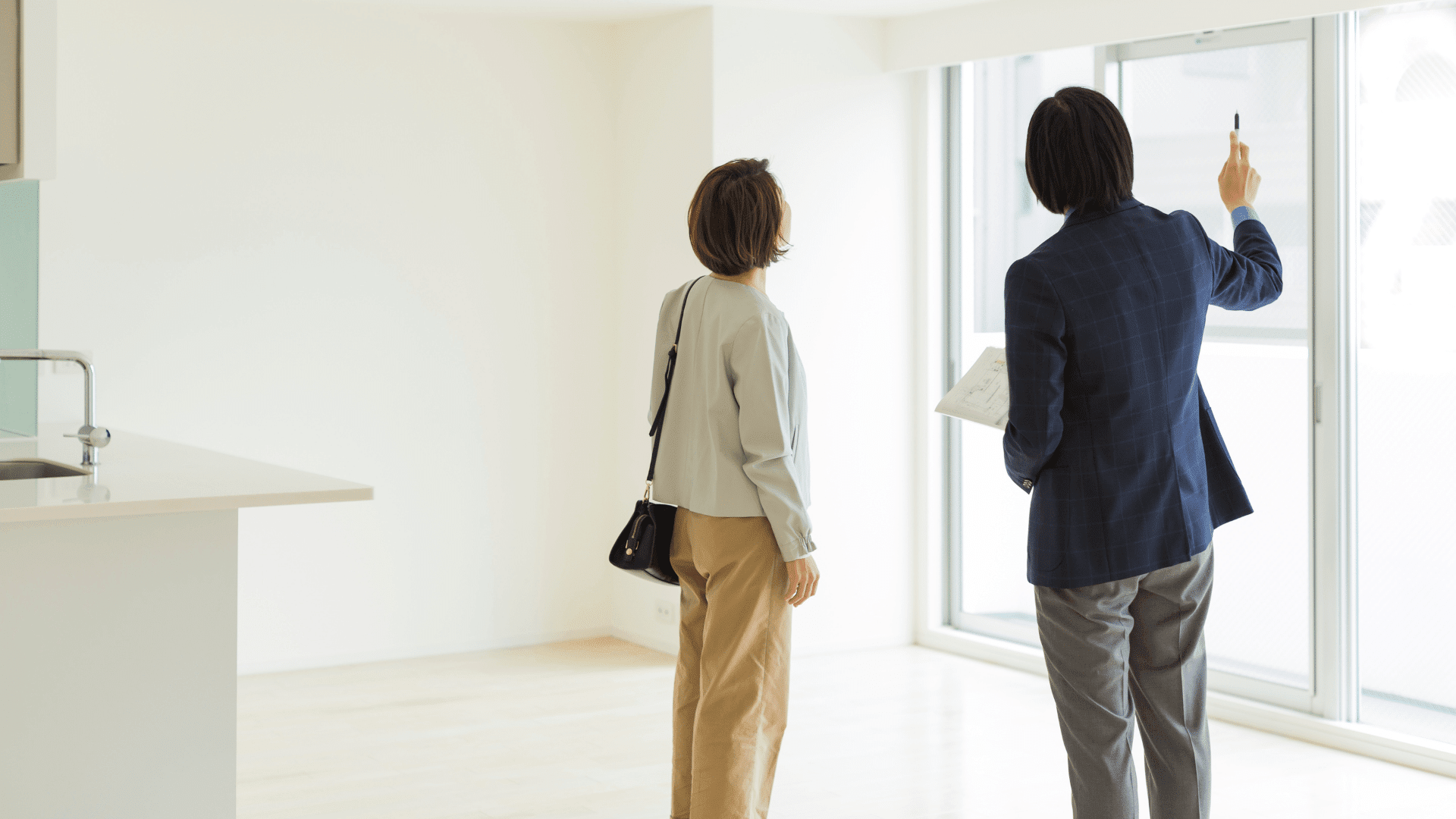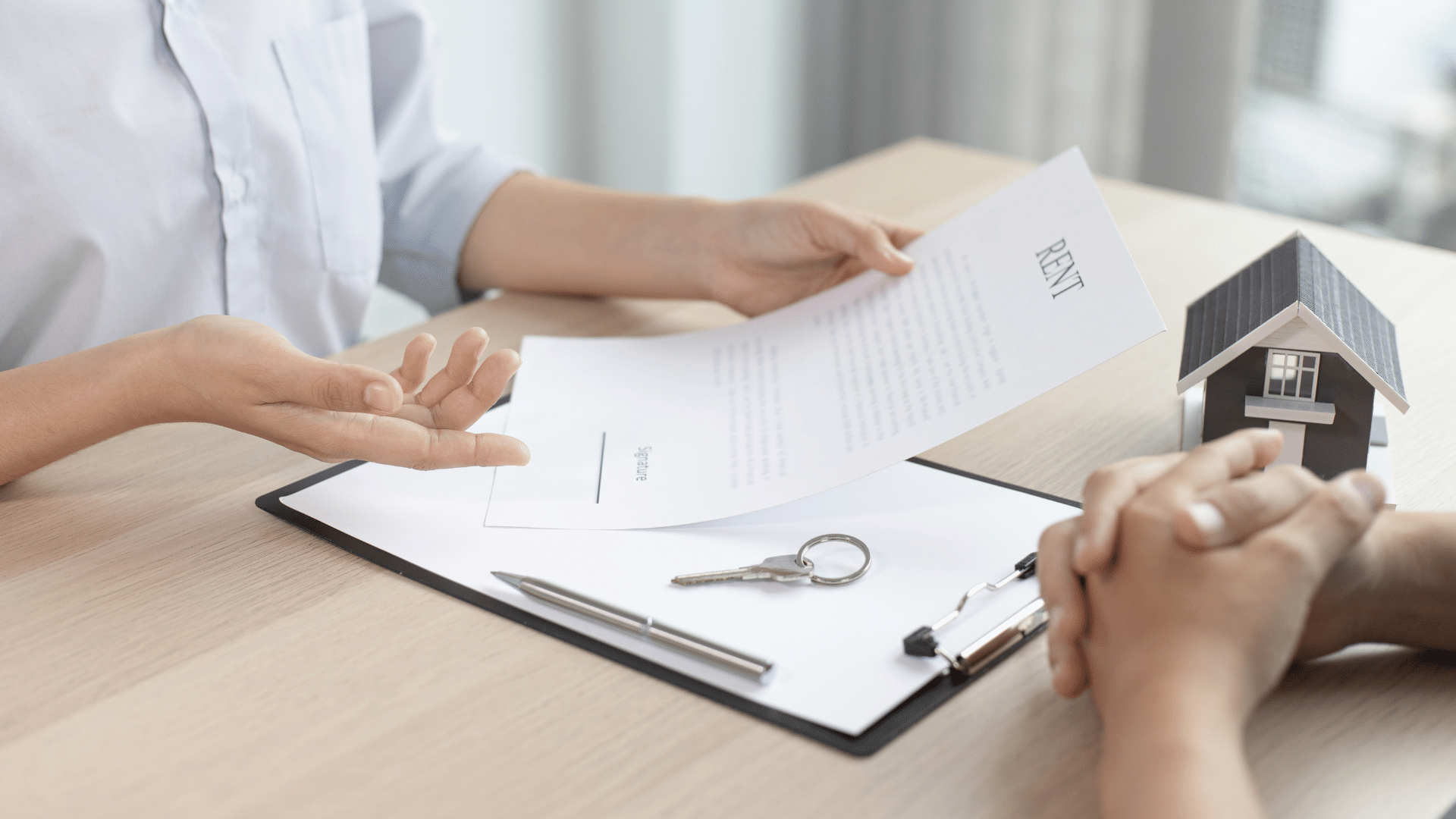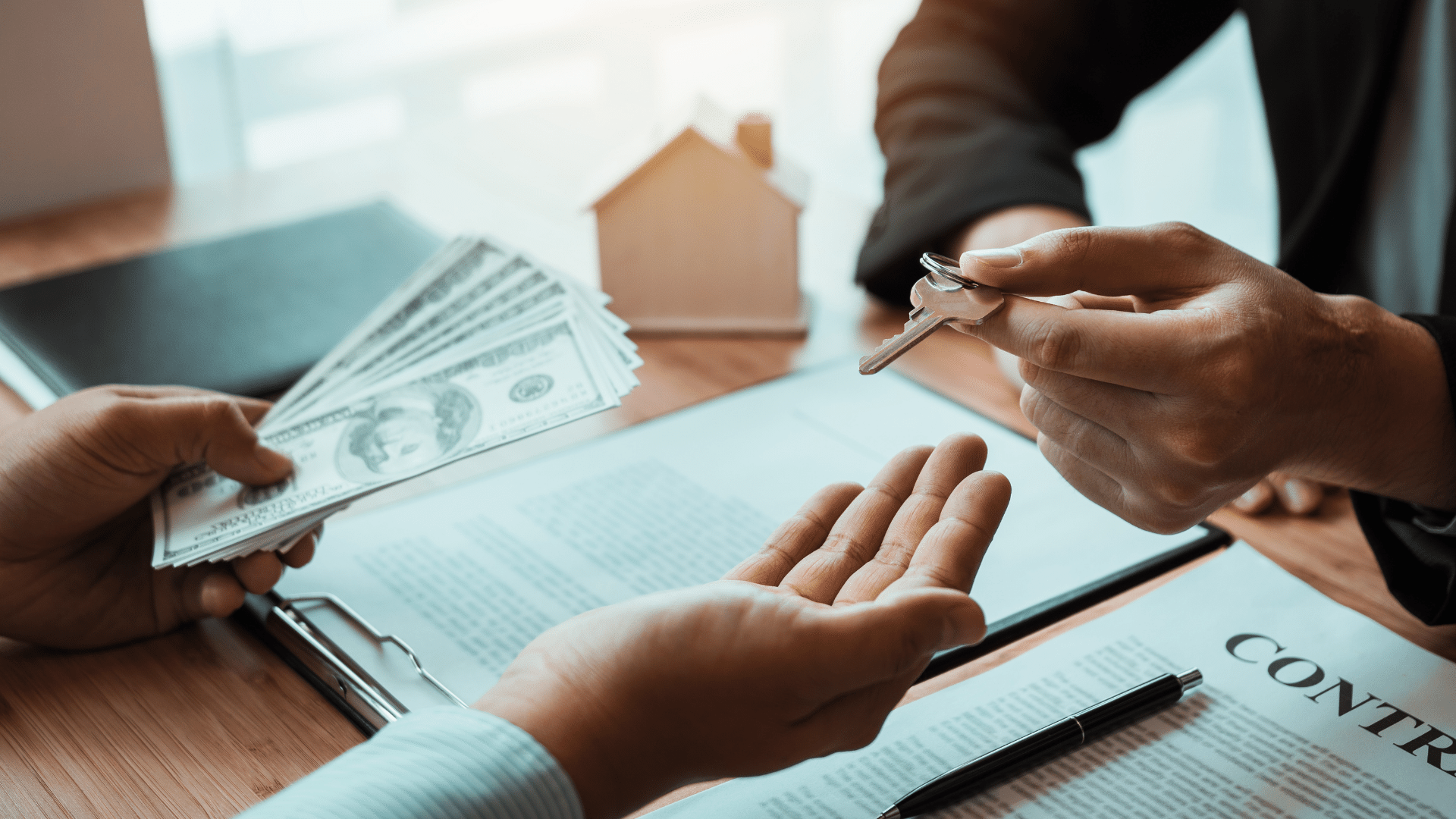In a recent news article published on October 23, 2023, a San Francisco woman shared her harrowing experience in an Airbnb rental property, highlighting the potential consequences of unclear repair responsibilities in rental agreements.
The woman detailed a nightmare scenario in which guests caused over $300,000 in water damage to her property during their stay on rented property, leading to viral social media posts and legal disputes.
This shocking incident serves as a stark reminder of the importance of understanding repair responsibilities in rental properties, a topic that has long been a point of contention particularly among condo property owners, and tenants.
While this case serves as a high-profile example, disputes over repair responsibilities are not uncommon and occur worldwide, including in the Philippines.
Rights and Responsibilities
- Landlord's Responsibility: Under the law, landlords are generally responsible for ensuring that the leased property is in good condition and maintaining structural components. They must also address major repairs that are not due to the tenant's negligence.
- Tenant's Responsibility: Tenants are typically responsible for routine maintenance and minor repairs that result from everyday wear and tear. They should promptly report any issues to the landlord to prevent them from becoming major problems.
- Written Agreements: The lease agreement is an essential tool for clarifying responsibilities. It should specify who is responsible for various aspects of maintenance and repairs.
Repair Responsibilities in the Philippines
In the Philippines, as in many other countries, the issue of who is responsible for repairs in rental properties is a matter of great concern, particularly among condo owners and tenants. To better understand the rights and obligations of both parties, let's explore the legal framework of property management in the Philippines and key considerations for landlords and tenants.
- Republic Act No. 9653 (The Rent Control Act of 2009): This law governs the relationship between landlords and tenants, outlining the rights and responsibilities of both parties. It establishes that landlords must ensure that the leased property is habitable, which includes maintaining its good condition and ensuring all necessary repairs.
- Lease Agreement: The lease agreement between the landlord and tenant is a crucial document that should clearly define repair responsibilities. Parties should outline who is responsible for what, such as routine maintenance, minor repairs, or significant damages.Understanding the rental agreement and essential house rules are pivotal for both condo owners and tenants. It provides legal clarity, outlines responsibilities for maintenance and financial obligations, and sets terms, including rent and payment schedules. The agreement also addresses fees, security deposit, renters insurance, rent payment, house rules, dispute resolution, and termination conditions. Violations may lead to significant financial consequences.
- Local Laws and Regulations: In addition to national laws, there may be local ordinances or regulations that impact repair responsibilities. Tenants and landlords should be aware of any relevant local laws in their area.
Repairs Responsibilities for Landlords and Tenants
Condo owner's Responsibilities:
Landlords in the Philippines are generally responsible for certain maintenance requests and types of repairs and maintenance in a rental property. These responsibilities include:
- Structural Repairs: Landlords are responsible for maintaining the structural integrity of the property. This includes repairing issues with the foundation, walls, roof, and other essential structural components.
- Common Areas: In properties with shared spaces, landlords are typically responsible for repairs and maintenance in common areas such as stairwells, hallways, and lobbies.
- Major System Repairs: Landlords are expected to address major system failures, such as plumbing, electrical, and HVAC systems. This includes fixing water leaks, electrical faults, and heating or cooling problems.
- Safety and Security: Ensuring the safety and security of the property is the landlord's responsibility. Repairs to locks, doors, and windows that affect the property's security fall under their purview.
- Compliance with Local Codes: Landlords must make necessary repairs to ensure that the property complies with parking areas, prohibiting illegal substances, local building codes and regulations.
- Appliances Provided by the Landlord: If the rental property comes with appliances provided by the landlord (e.g., refrigerator, stove, or washer/dryer), they are responsible for the repair and maintenance of these appliances.
Tenant's Responsibilities:
Tenants also have specific responsibilities when it comes to repairs and maintenance in a rental property. These responsibilities include:
- Routine Maintenance: Tenants are expected to perform routine maintenance tasks to keep the property in good condition. This includes tasks like changing light bulbs, replacing air filters, and regularly cleaning the premises.
- Minor Repairs: Minor repairs resulting from normal wear and tear are typically the tenant's responsibility. This might include fixing a leaky faucet, repairing small holes in the wall, or replacing a broken tile.
- Maintaining Cleanliness: Tenants are responsible for keeping the property clean and free from infestations. They should promptly report any issues, such as pest problems, to the landlord.
- Damage Caused by Negligence: If the tenant causes damage to the property through negligence or deliberate actions, they are responsible for repairing or paying for the repairs. For example, if the tenant accidentally breaks a window, they should cover the cost of repair.
- Personal Property: Repairs to the tenant's personal property, such as their own furniture or appliances, are the tenant's responsibility.
- Compliance with Lease Terms: Tenants should follow any specific repair and maintenance terms outlined in the lease agreement. This may include responsibilities that go beyond routine maintenance.
It's essential for both landlords and tenants to have a clear understanding of these repair responsibilities and to document them in the lease agreement. By doing so, potential disputes can be minimized, and both parties can enjoy a more transparent and harmonious rental and tenancy experience.
Conclusion
When disagreements arise regarding repair costs or responsibilities, it is advisable for both landlords and tenants to follow a structured dispute resolution process. This may involve advanced written notice, negotiation, mediation, or, in severe cases, legal action.
In conclusion, understanding rent right properties and repair responsibilities in rental properties is crucial for both landlords and tenants in the Philippines. Clear communication, well-drafted lease agreements, and knowledge of relevant laws are key to preventing disputes and ensuring that rental properties remain in good condition. By being aware of their rights and responsibilities in tenancy agreement, both parties can enjoy a more harmonious and mutually beneficial rental experience.

.png)





